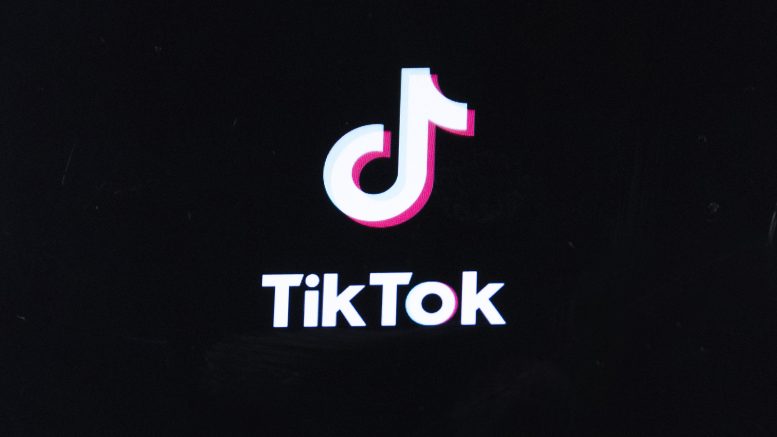A few days ago, TikTok was banned in the United States following a unanimous decision made by the Supreme Court. This verdict came as the concluding factor in a trial where American senators highlighted concerns about national security and the fear of users’ data being given to the Chinese government. Opposing this decision was Shou Zi Chew, CEO of TikTok, who argued that the app promotes people’s right to free speech.
Ironically, I first found out about the trial on TikTok. I watched the clips of what I interpreted to be a poorly handled trial. The U.S. senators seemed more interested in having a “moment” than understanding Mr. Chew.
They ran with a line of questioning about his citizenship despite him repeatedly stating he was from Singapore. The questions were asked in a very aggressive manner, and the TikTok CEO seemed to be often cut off mid-sentence. While the U.S. senators did raise some substantial points, I think in the eyes of the public they were ultimately overshadowed by their behaviour during the trial.
The ban was upheld by the Supreme Court but then swiftly reversed a few hours later by President Trump. On Jan. 20, he signed an executive order that stopped the ban for 75 days. The point of this pushback is to give his administration time to decide their next move. It is hard to speak about the ban of TikTok without speaking about the reaction of the users.
Many users, believing the app would be banned made “self-exposing TikToks.” Prominent users shared secrets with their fans, under the impression that it would not matter since the app was going to be banned anyway. But since the ban only lasted 12 hours, the next flood of TikToks from American users was humorous. It was refreshing to see everyone making fun of how dramatically they acted or how many secrets they spilled before the app was banned.
While I am not a big fan of social network apps, especially ones with short-form content like TikTok due to how they affect users’ mental health and productivity, I believe a TikTok ban could potentially do more harm than good. But there are still concerns. According to a study done in 2023, 11.6 million Americans make a full-time living off of creating social media content on platforms like TikTok. This means without the app these people will have lost their source of income. Another issue surrounding the ban of the app is the concern raised by CEO Shou Zi Chew. What does the banning of the app mean for the First Amendment rights of U.S. citizens?
The ban of any app that promotes free speech and the expression of opinions is a problem. However, the Supreme Court ruled that the decision did not violate the First Amendment because of the argument made that this ban is for national security.
It is unclear what will happen at the end of the 75 days. I think the current hope of the Trump administration is that wealthy American investors will buy out a portion of the app. I have also heard that Mr. Beast, a popular YouTuber known for making content using large sums of money, has made a bid for the app as well. I hope that the ban will not be permanent. I would like to see people continue to express their thoughts and opinions freely on the app.



